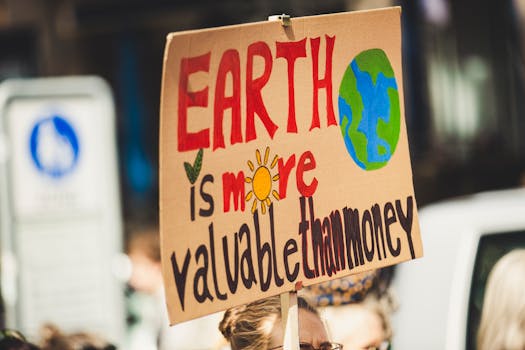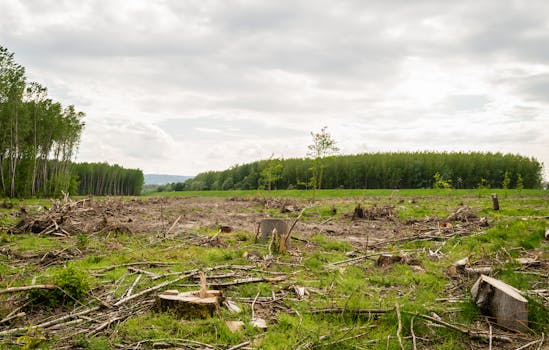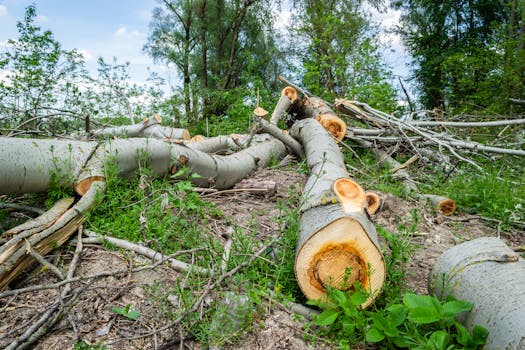
Understanding Climate Change

Climate change refers to significant changes in global temperatures and weather patterns over time. While climate change is a natural phenomenon, scientific evidence shows that human activities, particularly the burning of fossil fuels, have accelerated its effects. The focus keyword ‘climate change impacts’ is essential in understanding how these changes affect our planet and societies.
Impacts of Climate Change

The impacts of climate change are far-reaching and affect various aspects of life on Earth. Rising temperatures lead to extreme weather events, such as hurricanes, droughts, and floods. These events not only threaten human lives but also disrupt ecosystems.
Moreover, climate change contributes to the melting of polar ice caps, resulting in rising sea levels. This phenomenon poses a significant risk to coastal communities, where flooding can lead to displacement and loss of property. Agriculture is also impacted; changing weather patterns can affect crop yields, leading to food insecurity.
The Role of Environmental News Coverage

Environmental news coverage plays a critical role in informing the public about climate change impacts. By reporting on scientific findings, policy changes, and local initiatives, the media helps raise awareness and drive community action. Effective communication can lead to increased public pressure on governments and corporations to implement sustainable practices.
Moreover, environmental journalism can highlight the voices of affected communities, ensuring that their experiences and concerns are part of the broader conversation around climate change. This representation is vital for fostering a sense of urgency and collective responsibility among the public.
Challenges in Environmental Reporting

Despite the importance of environmental news coverage, several challenges exist. One significant issue is the lack of resources and funding for environmental journalism. Many news outlets prioritize sensational stories over complex issues like climate change, which require in-depth analysis and reporting.
Additionally, misinformation and skepticism surrounding climate science can hinder effective communication. Journalists must navigate these challenges to provide accurate and compelling narratives that resonate with the audience.
Conclusion

In conclusion, understanding climate change impacts and the role of environmental news coverage is crucial for addressing this global challenge. As climate change continues to affect our planet, robust and accurate reporting can empower individuals and communities to take action. It is imperative that we support environmental journalism to ensure that the narrative of climate change remains a priority in societal discussions.



